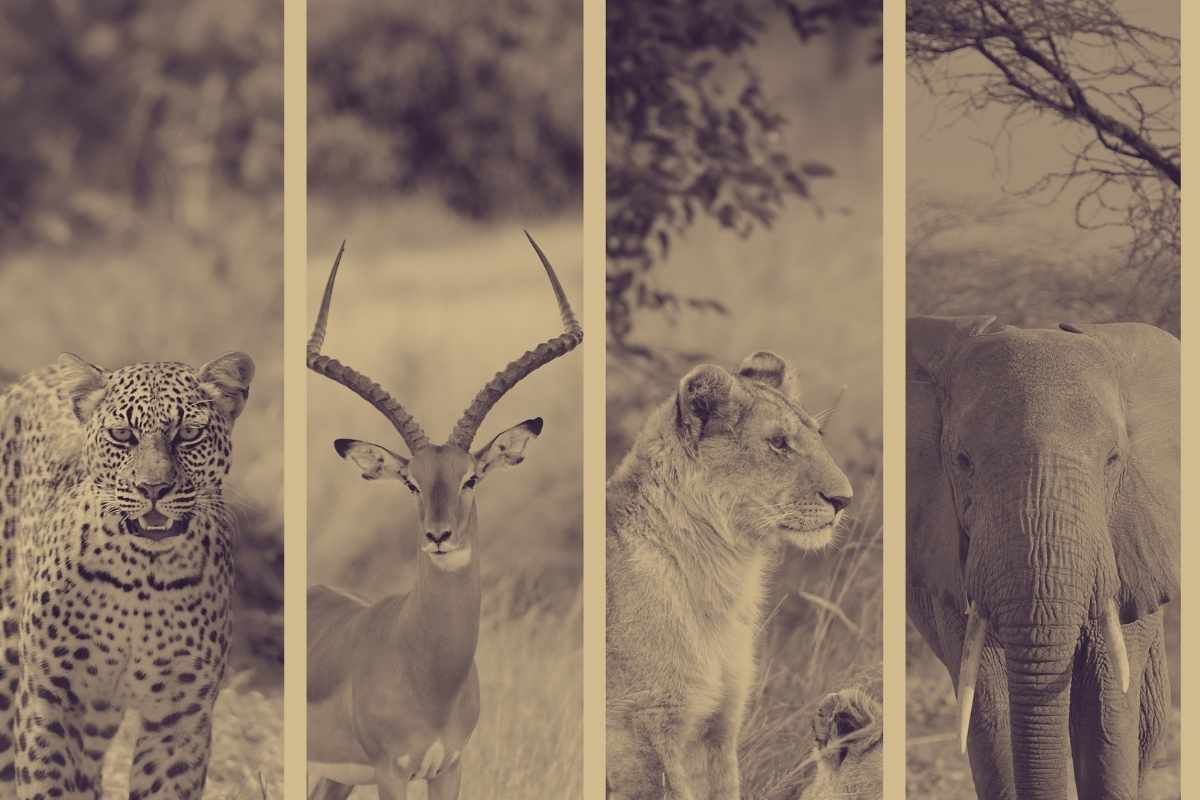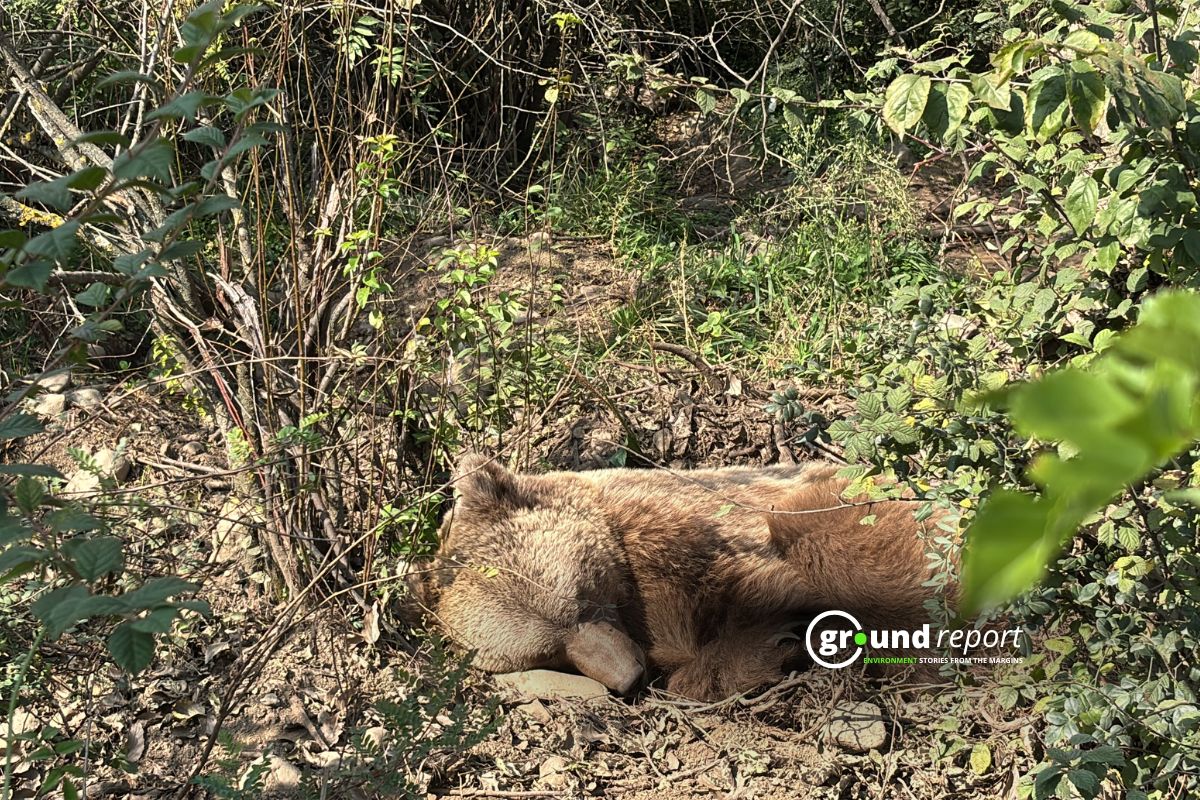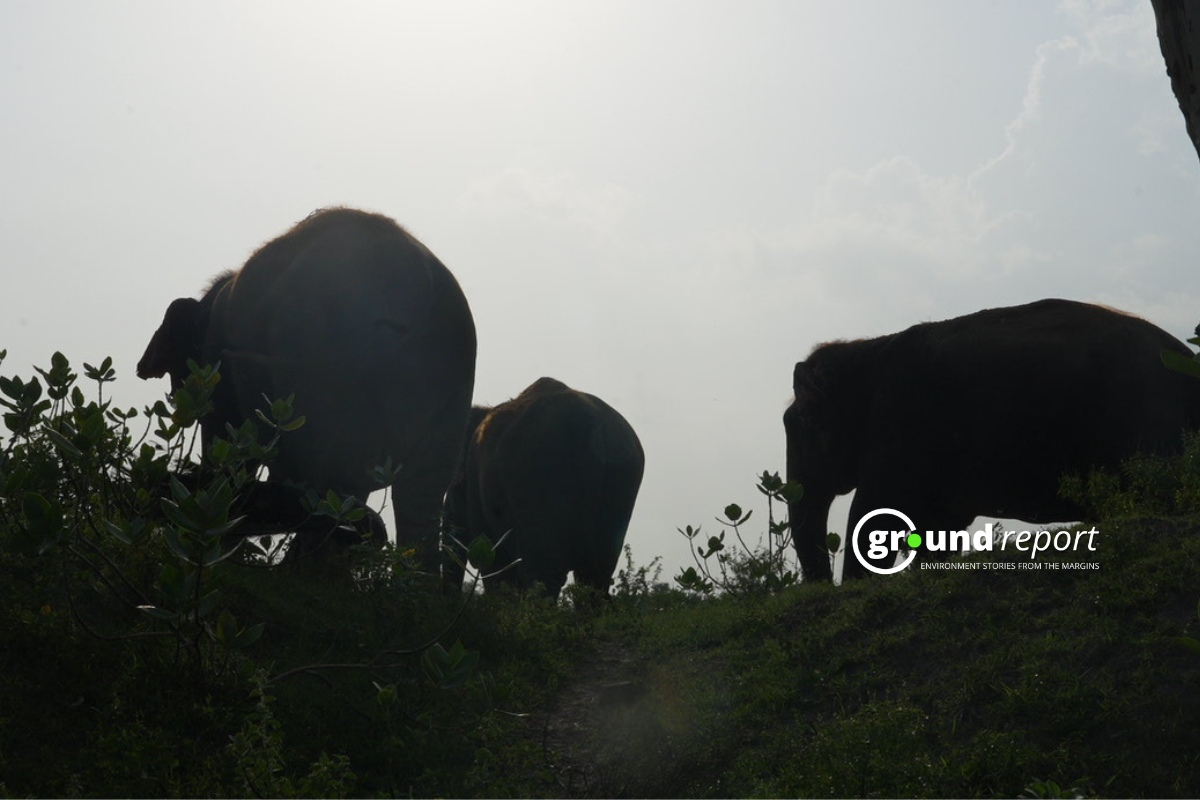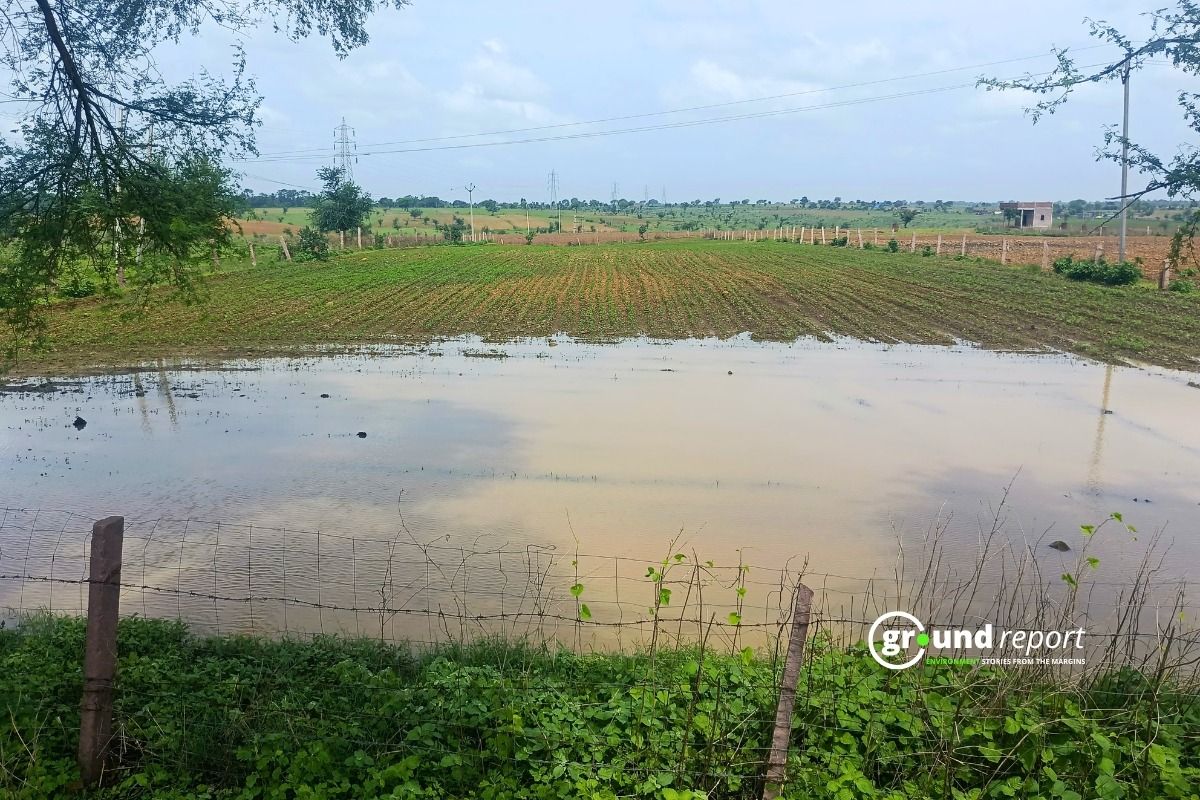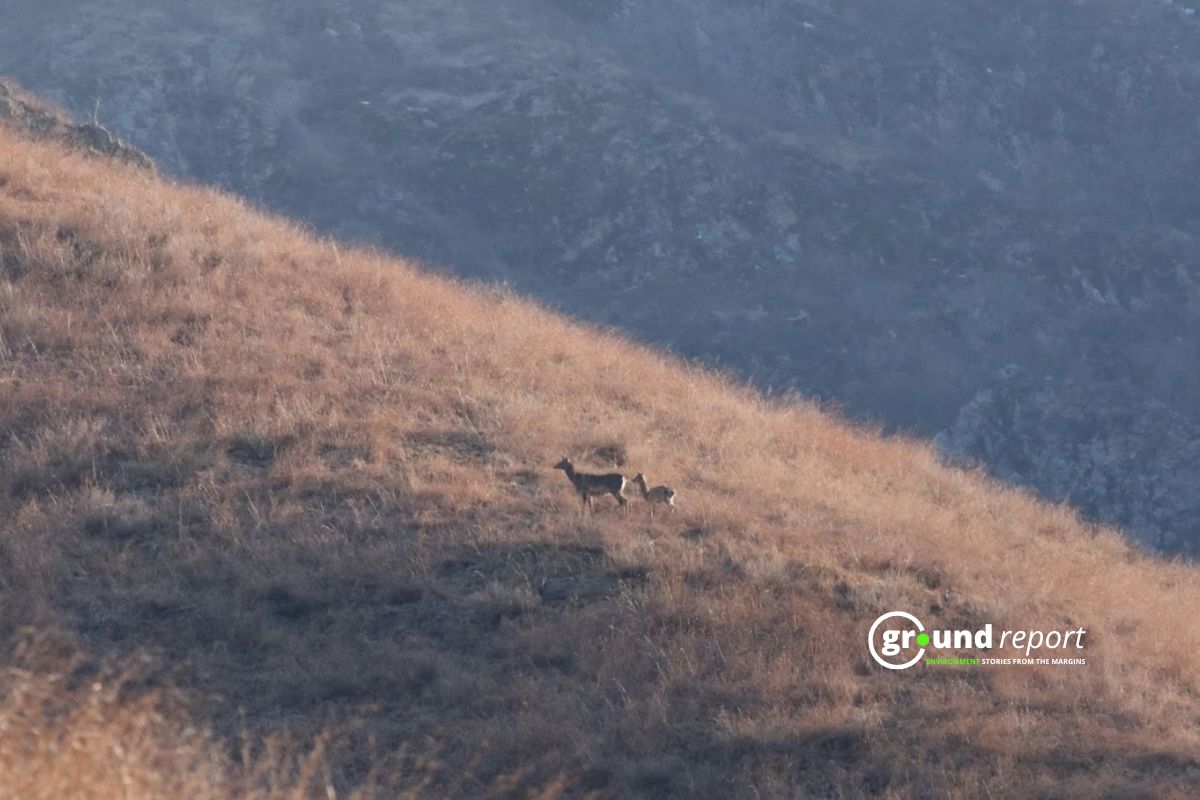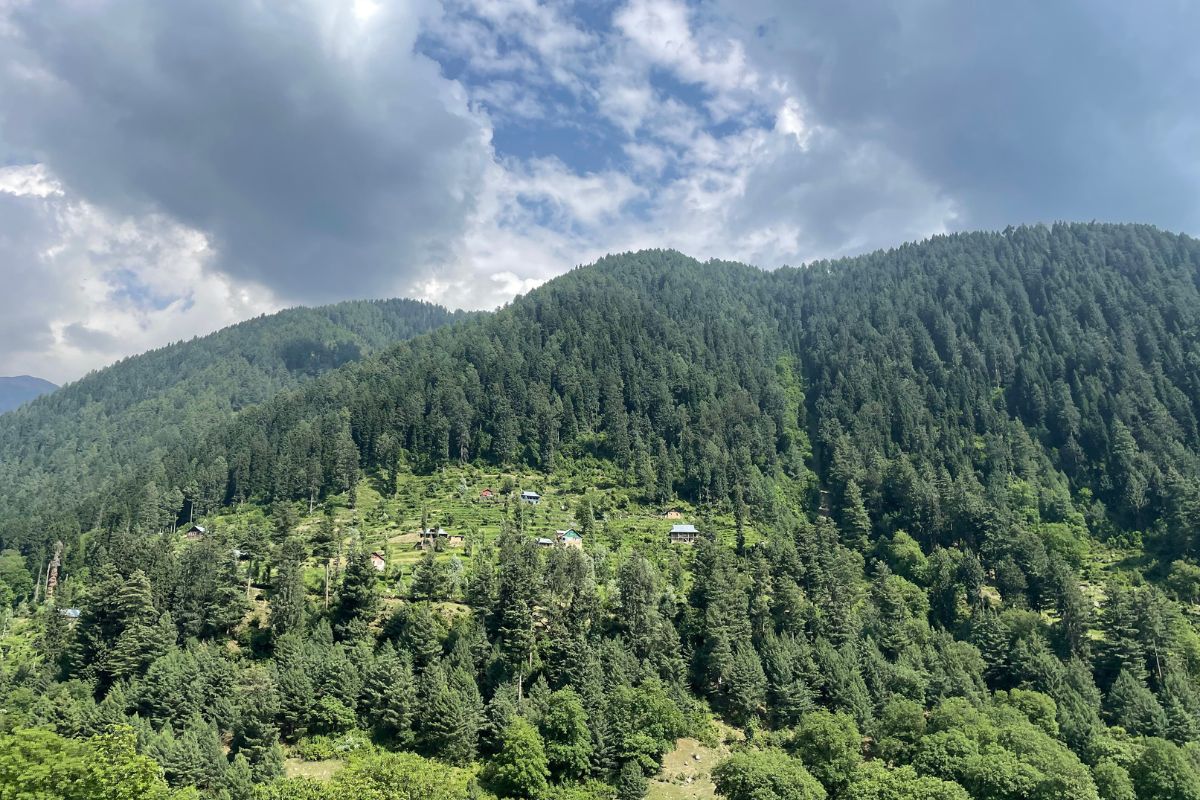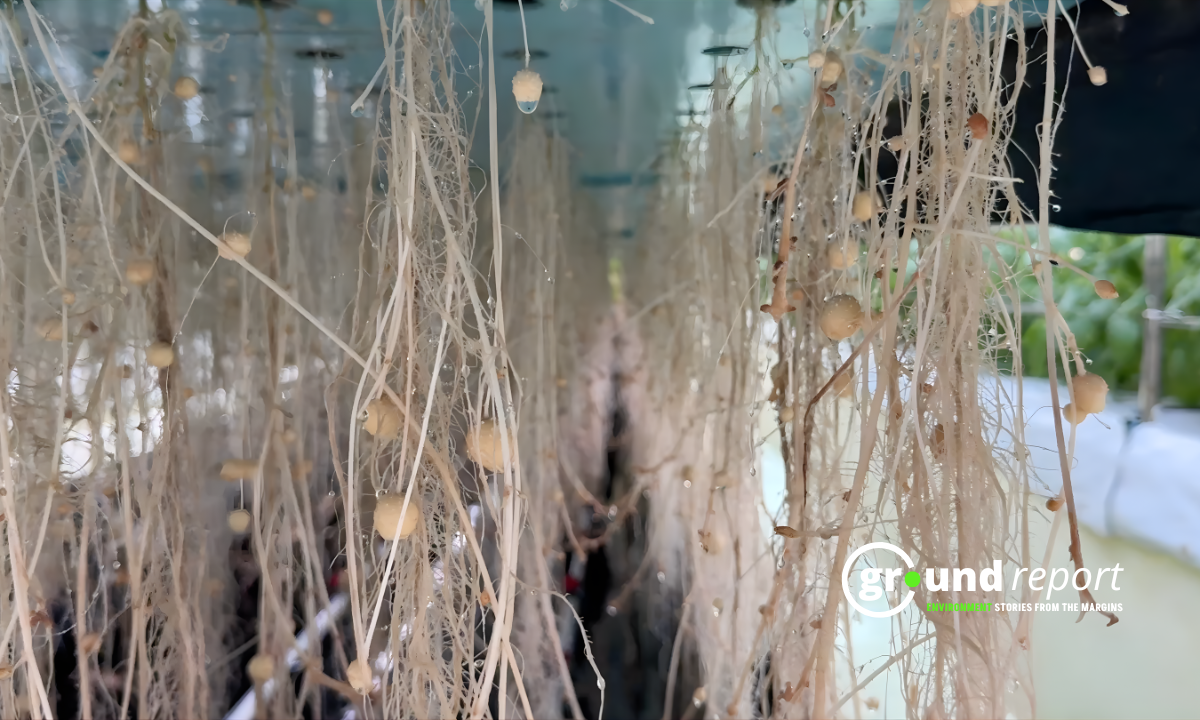There are countless critically endangered animal species around the globe, and India is home to many of them. Even though some of these species are extinct, others are threatened or even critically endangered. If nothing is done to ensure their conservation, there are some species that are remaining in such small numbers that our future generations may never get to see them. Some of these animals are the Asiatic Lion, Blackbuck, Kashmiri Red Stag, and Lion Tailed Macaque.
Animal Welfare Laws in India
- Prevention of Cruelty to Animals Act
In order to stop the needless suffering of animals and to change the rules pertaining to the prevention of cruelty to animals, the Prevention of Cruelty to Animals Act was passed in 1960. The Animal Board of India was established to advance animal welfare following the passing of this Act.
- Wildlife (Protection Act)
The Wildlife (Protection) Act of 1972 was passed by the Indian government with the intention of efficiently protecting the nation’s wild animals and preventing poaching, smuggling, and the illegal trade in wildlife and its products. Following an amendment to the Act in January 2003, the penalties and punishment for violations of the Act are now more severe. It has been recommended to add stricter regulations to the Act in order to further reform the law. The goal is to safeguard the biologically significant protected areas as well as the designated endangered species of plants and animals.
Government policies
Under the terms of the Wild Life (Protection) Act of 1972, wild animals are legally protected from being hunted and exploited for commercial purposes. The Wild Life (Protection) Act of 1972 has been revised and strengthened. The Act’s penalties for violations have been strengthened. The Act further stipulates that any tools, vehicles, or weapons used to commit wildlife offenses must be forfeited. Protected Areas, including National Parks, Sanctuaries, Conservation Reserves, and Community Reserves, covering significant wildlife habitats have been established throughout the nation to preserve wild animals
As part of the centrally sponsored scheme of “Integrated Development of Wildlife Habitats,” the Ministry of Environment & Forests gives financial support to State Governments for “Recovery Programmes for rescuing critically endangered species.” Currently, sixteen species have been given priority for the implementation of such recovery programs, including the Snow Leopard, Bustards (including Floricans), River Dolphin, Hangul, Nilgiri Tahr, Marine Turtles, Dugongs, and coral reefs, Edible-nest Swiftlets, Asian Wild Buffalo, Nicobar Megapode, Manipur Brow-antlered deer, Vultures, Malabar civet, the great one-horned rhinoceros, Asiatic Lion, Swamp deer and Jerdon’s Courser. State Governments and Union Territories are given financial and technical support in order to better protect and conserve wildlife while also enhancing their habitat. The State Governments have been asked to increase patrolling in and around the Protected Areas and enhance field formations.
More recently, as of 17th August, the government has launched Project Cheetah. It aims on carrying out the reintroduction of wild animals, particularly the cheetah. The government has launched the ambitious Project Cheetah with the goal of reintroducing the species to its former habitat in the nation. In line with the International Union for Conservation of Nature (IUCN) guidelines, “reintroduction of wild species, particularly the Cheetah, is being undertaken, and the processes like disease screening, quarantining of release candidates, as well as transportation of live wild animals across continents, require careful planning and execution,” the statement read.
Keep Reading
Part 1: Cloudburst in Ganderbal’s Padabal village & unfulfilled promises
India braces for intense 2024 monsoon amid recent deadly weather trends
Support us to keep independent environmental journalism alive in India.
Follow Ground Report on X, Instagram and Facebook for environmental and underreported stories from the margins. Give us feedback on our email id greport2018@gmail.com.
Don’t forget to Subscribe to our weekly newsletter, Join our community on WhatsApp, and Follow our YouTube Channel for video stories.
